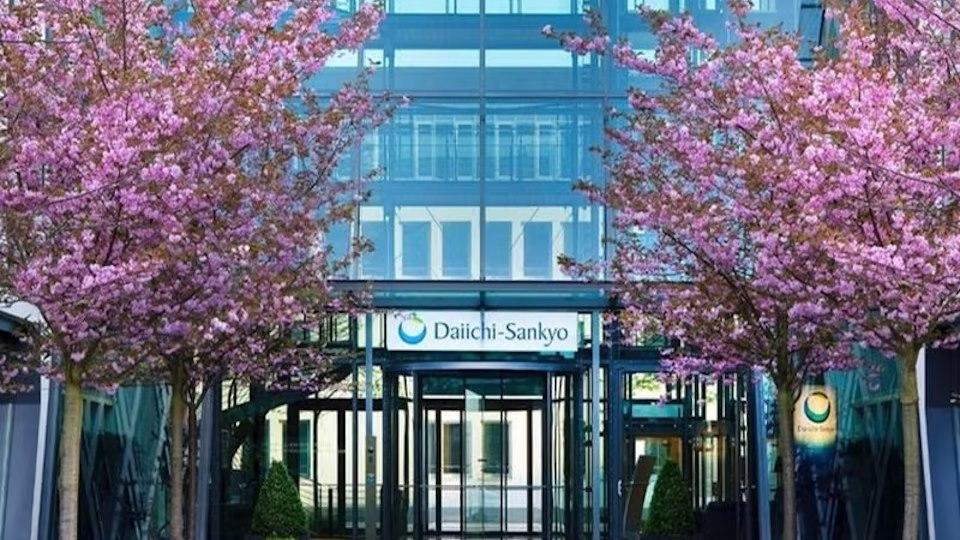Daiichi Sankyo’s Ezharmia cleared in Japan for rare lymphoma

Daiichi Sankyo has a second approval in Japan for Ezharmia, its first-in-class dual EZH1 and EZH2 inhibitor, as a treatment for relapsed or refractory peripheral T-cell lymphoma (PTCL).
Ezharmia (valemetostat tosylate) remains the first and only drug in the class to be approved for marketing around the world, having been cleared in Japan in 2022 for relapsed or refractory adult T-cell leukaemia/lymphoma (ATL).
PTCL is a group of rare and often aggressive blood cancers, which represent about 10% to 15% of all non-Hodgkin lymphoma (NHL) cases in Japan, and is a more common form of cancer than ATL. Approximately 553,000 new cases of NHL were diagnosed worldwide in 2022.
PTCL is more common in Asia compared to other parts of the world, according to Daiichi Sankyo. Most patients with PTCL experience disease progression following initial treatment with a multi-drug chemotherapy-based regimen, and median overall survival following relapse is approximately 5.8 months.
The Japanese approval comes on the back of the international VALENTINE-PTCL01 phase 2 trial, which showed an objective response rate (ORR) of 43.7% with Ezharmia – 52 out of an evaluable study population of 119 subjects, including 17 complete responses and 35 partial responses.
The drug is also being tested for B-cell lymphomas in the phase 2 VALYM trial, with studies ongoing or planned as a combination therapy for solid tumours, and is being developed for markets outside Japan.
Other EZH-targeting drugs have been developed, but - unlike Ezharmia - most have selectively targeted the EZH2 receptor.
Top of the list is Ipsen/Epizyme’s selective EZH2 inhibitor Tazverik (tazemetostat), which has been approved in the US for relapsed or refractory follicular lymphoma patients with an EZH mutation and metastatic or locally advanced epithelioid sarcoma that can’t be treated with surgery.
In clinical development are Pfizer’s PF-06821497 and Jiangsu Hengrui Medicine’s SHR2554, both selective EZH2 candidates in early-stage testing.
Dizal gets Chinese OK for JAK1 inhibitor
In another PTCL development, China’s National Medical Products Administration (NMPA) has cleared Dizal’s selective JAK1 inhibitor golidocitinib as a second-line treatment for the disease.
It is the first global approval of a drug in this class for PTCL, based on the results of the JACKPOT8 Part B study, which showed an ORR of 44.3% with the drug and a complete response rate of 23.9%.
Dizal is a joint venture established in 2017 by UK pharma group AstraZeneca and the Chinese Future Industry Investment Fund (FIIF). Last year, the company got NMPA approval for selective EGFR inhibitor sunvozertinib for non-small cell lung cancer (NSCLC) patients with EGFR Exon 20 insertions.












